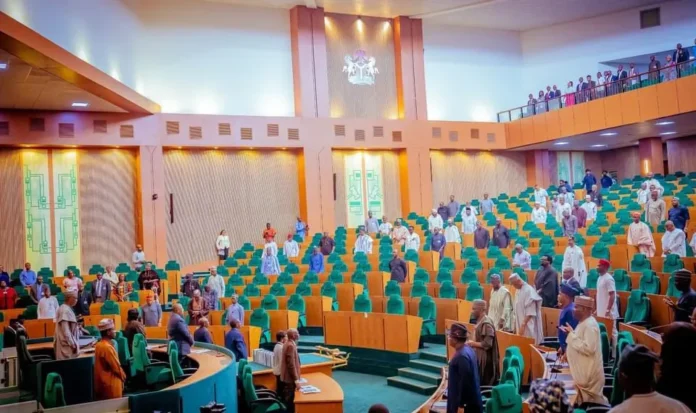A proposed bill in Nigeria’s House of Representatives calls for wider internet access in rural communities and public places. The bill, introduced by Abubakar Yahaya Kusada, who represents Kankia/Ingawa/Kusada in Katsina State, seeks to bridge the digital divide by expanding connectivity to areas often left behind in national development plans.
Kusada explained that internet access is no longer a luxury but a basic tool for education, innovation, job creation, and public participation. The legislation encourages collaboration between the government and private service providers to ensure affordable, and in some cases free, internet access in less developed areas.
Kingsley Chinda from Rivers State raised concerns during the bill’s second reading. He argued that while the intention is admirable, such a move should be a government policy, not a legal obligation. According to him, putting it into law could create legal problems if the government fails to implement it.
Still, the bigger picture shows the growing need for inclusive internet access across Nigeria. Just like mobile phones, which once belonged only to the wealthy but are now common everywhere, digital access should follow the same path. Many rural communities remain disconnected due to lack of infrastructure and attention from internet service providers, who often focus on urban and wealthier areas.
Current internet service in most rural locations is unreliable or completely absent. This exclusion keeps millions outside the benefits of the global digital economy. Providing access, even if not entirely free, could change this narrative.
The bill, if passed, would push both federal and state governments to make rural digital infrastructure a priority. This includes treating it as essential as roads, clean water, schools, health centres, and agricultural support. Affordable internet can drive local businesses, improve education outcomes, increase employment, and reduce migration to urban centres. It also strengthens social and economic ties within communities.
Extending digital infrastructure to rural Nigeria isn’t just about catching up with the rest of the world. It’s about giving every Nigerian the tools to participate fully in society. The call now is for lawmakers to approve the bill and make rural internet access a national development goal.

